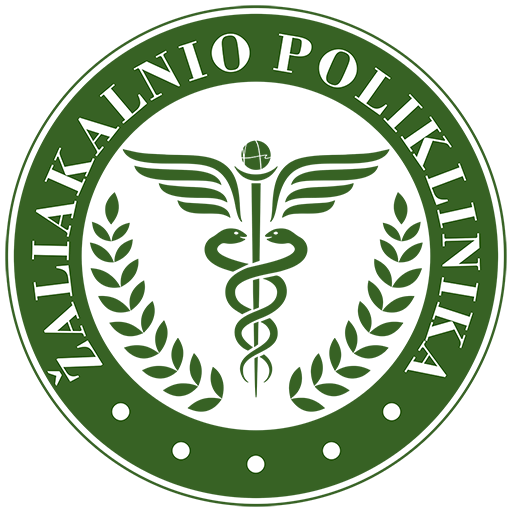Epilepsy is an insidious disease that can start in anyone and at any age. It is a disease that manifests itself in sudden attacks of unconsciousness of varying severity and frequency, the cause and nature of which can be very varied. The most common causes are previous head trauma, neuroinfections, strokes, tumours and sometimes congenital or acquired genetic disorders. There are many forms of epilepsy, each with its own treatment. Epilepsy is a lifelong illness that you have to live with, learn how to avoid having an epileptic seizure, and protect yourself from possible injuries during a seizure.
Common causes of epilepsy:
- Disrupted brain development, for example due to genetic abnormalities, maternal poisoning, infections, alcohol abuse, severe haemorrhage, or for unknown reasons.
- During labour, if there is a lack of oxygen or blood spillage to the brain.
- Encephalitis or meningitis.
- The brain is injured in severe brain injuries (brain haemorrhage, concussion).
- When there are progressive brain diseases, including brain tumours.
- Congenital diseases such as tuberous sclerosis.
Epilepsy is not a hereditary disease, meaning that epilepsy is not passed on from father or mother to child. However, the predisposition to epilepsy can vary from family to family. This explains why several members of the same family may experience epileptic seizures.
First aid actions during a seizure:
- Hold the person who is falling, grab any dangerous objects to prevent injury;
- Record the time of onset of seizures;
- Try to hold the victim's head, place a soft object on the head. Do not place any hard objects between the teeth;
- Take care not to choke;
- Loosen your clothes;
- Do not suppress seizures with physical force;
- Do not give a drink during an attack and do not take to hospital ;
- When the seizures stop, open the airway and check your breathing. If the patient is breathing, lay the patient stable on his/her side and monitor consciousness, breathing and pulse.
- Help the person with minor seizures to sit up, remove any dangerous objects, talk calmly and stay with them until they are back to normal.
How is epilepsy treated?
Epilepsy is diagnosed clinically and using functional tests. Treatment is based on antiepileptic drugs, which are selected according to the type of seizures, the patient's age, gender and comorbidities. According to the experts, a large proportion of patients are able to successfully control the disease.




